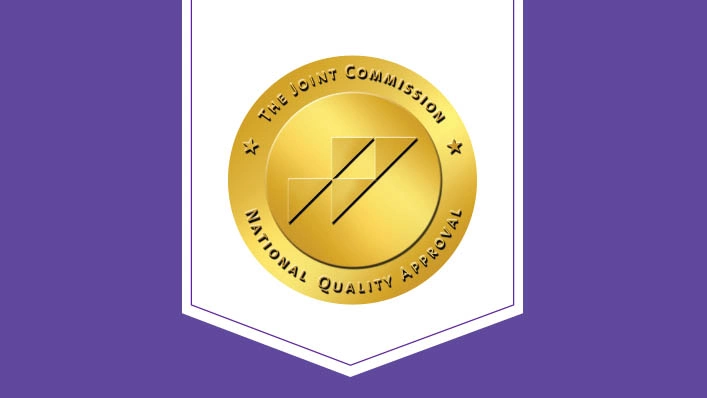FOR DOCTORS
For health care professionals
We have programs that fit every patient, including children, teens, people with diabetes and people with substance use disorders. At Melrose Center, we support patients with award-winning nutritional, medical and psychological care.
Melrose Center provides timely access, and we’ll work with you to provide initial assessments that fit with your patient’s schedule. You can reach us at
Fax patient information to
If you’re a patient, you can call
Anyone, regardless of age, gender, size or weight, can have an eating disorder. But it can be hard to know what to say if you’re concerned that your patient might be struggling with disordered eating. Approach these conversations with your patients with kindness. Knowing they can talk to you without judgment can help your patient open up.
Remember, there isn’t a right or wrong way to start a conversation about eating disorders with your patient. But if you’re unsure what to say, use this list of questions as a guide:
Eating disorders can’t be diagnosed by looking at someone. Learning the signs and symptoms of eating disorders can help you know when to start the conversation with your patient. Common signs of eating disorders include:
Melrose Center provides education and trainings for medical professionals. Contact the Melrose Center Outreach Department by calling

We are accredited by The Joint Commission and are committed to providing outstanding care to all patients.